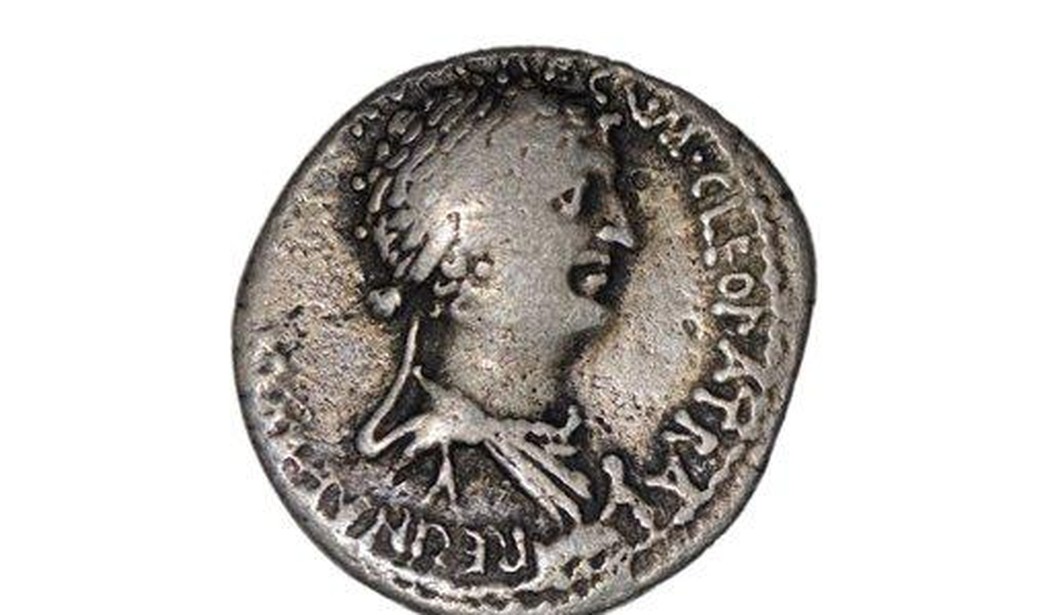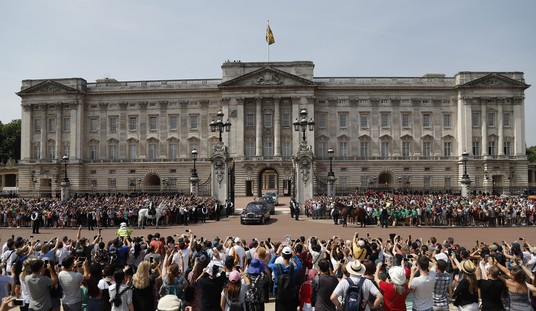Streaming giant Netflix has come under fire from Egyptians and other experts for portraying Egyptian Queen Cleopatra VII as black. An Egyptian lawyer has filed a complaint that accuses African Queens: Queen Cleopatra of violating media laws and aims to “erase the Egyptian identity.” He’s demanding that Netflix not stream the show in Egypt.
African Queens is a docu-series on female monarchs from the African continent that features African queens that “were likely not part of their Western academic curriculum,” according to Netflix. Jada Pinkett Smith is the executive producer of the series and the narrator, and the multi-faceted actress has fashioned a fascinating look at some African history most of us are unaware of.
But is it accurate? Cleopatra’s origins are shrouded by time but not hidden entirely from view.
Cleopatra was born in Alexandria in 69 BC — the last queen of a dynasty founded by Alexander the Great’s Macedonian general Ptolemy. The speculation is that even though Alexander died 350 years before Cleopatra was born, she and the Egyptian court spoke Greek.
Obviously, Greeks aren’t black. But there was a time in Egypt’s past when black kings from Nubia ruled Egypt and it’s not impossible that Cleopatra would have had some black ancestry.
The controversy is no stranger to Egyptian scholars and experts on antiquities.
Zahi Hawass, a prominent Egyptologist and former antiquities minister, told the al-Masry al-Youm newspaper: “This is completely fake. Cleopatra was Greek, meaning that she was light-skinned, not black.”
Mr Hawass said the only rulers of Egypt known to have been black were the Kushite kings of the 25th Dynasty (747-656 BC).
“Netflix is trying to provoke confusion by spreading false and deceptive facts that the origin of the Egyptian civilisation is black,” he added and called on Egyptians to take a stand against the streaming giant.
The black actress portraying Cleopatra in Queens, Adele James, dismissed the criticism exactly the same way that a white actress would have dismissed racial miscasting 50 years ago.
#QueenCleopatra actor Adele James took to Twitter to tell critics: “If you don’t like the casting, don’t watch the show.” https://t.co/ZOa5nz58jW
— Variety (@Variety) April 21, 2023
Part of the backlash in Egypt is almost certainly a product of racism. Egyptians today are a melting pot of black Sudanese and Ethiopians and lighter-skinned Arabs, as well as other races. But like anywhere else in the world, different races breed fear and hate.
The Media Diversity Institute points out that “the Egyptian media has become instrumental in oppressing the already oppressed Nubian population in Egypt.”
“You are a servant and a doorman,” said Mortada Mansour, a lawyer and a Sisi loyalist, during a TV interview in 2016. The person at the receiving end of the comments, Ahmed El Merghany, a football player from Nubia. More specifically, Ahmed El Merghany as “bawab” – a racist term often used to refer to people of dark skin in Egypt. Mansour further commented that AL-marghany was nothing but a doorman, adding fuel to the stereotype propagated by the Egyptian media that Nubians are only suited to ‘low status jobs’. This is the plight of the Nubians in Egypt.
What’s worse is that opinion polls in Egypt show that Egyptians believe there is no racism “at all” in their country.
I have no problem exploring the idea of a black Cleopatra. The real problem is that the casting of Ms. James was done as a stunt, not as an answer to any specific historical question. What would a black Cleopatra have been like as opposed to a Greek Cleopatra? We won’t find out watching this Netflix documentary.










Join the conversation as a VIP Member